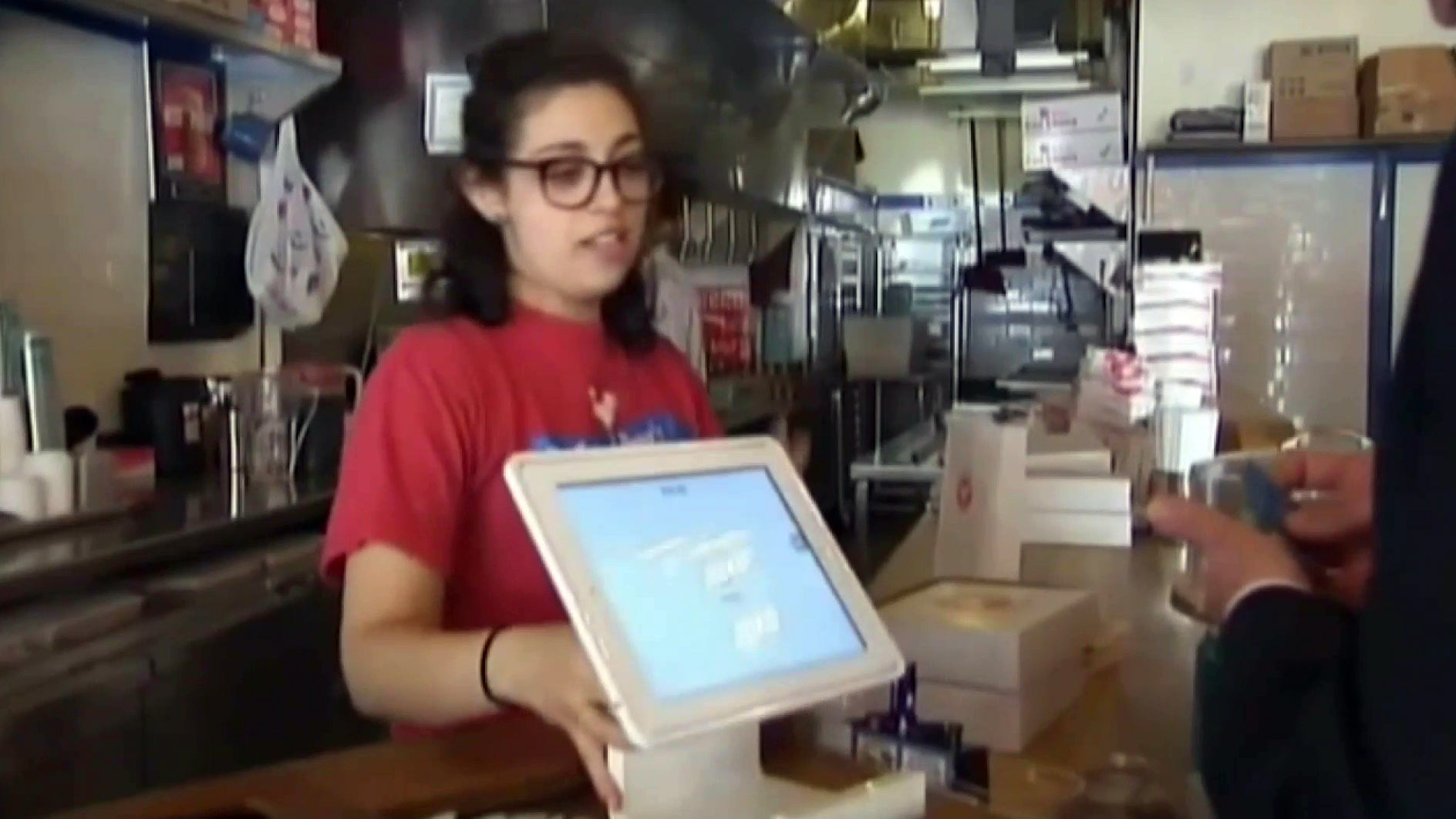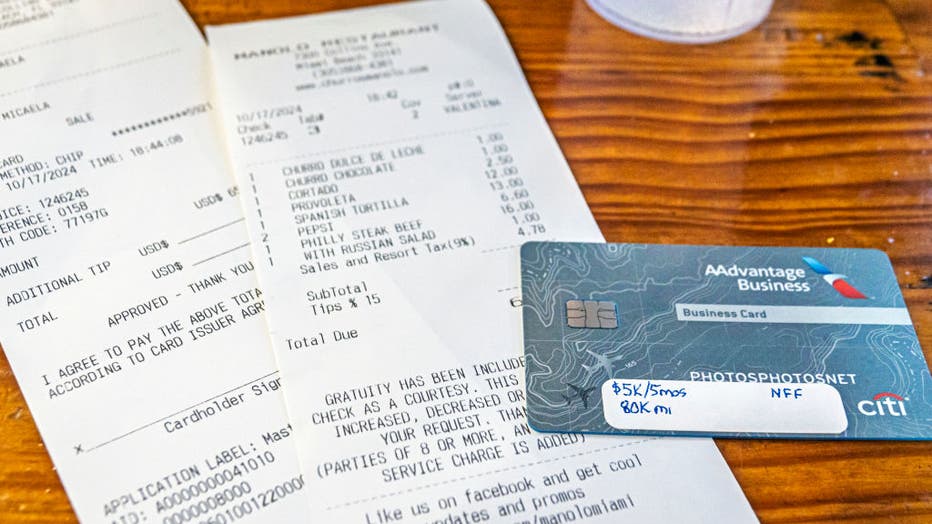'No Tax on Tips Act' passes Senate: Here's what's next

Is tipping at a tipping point?
Traditionally, 15 percent was an average tip, with 20 percent for excellent service. Now, the suggested tips on many restaurant bills include 22 percent, 25 percent and even 30 percent. As FOX News correspondent Jonathan Serrie reports, it's a direct result of the COVID-19 pandemic.
WASHINGTON - The U.S. Senate has unanimously voted to pass the "No Tax on Tips Act," which would eliminate taxes on tips for working Americans.
The bill passed 100 to 0 on Tuesday.
What's next:
The bill will now go to the U.S. House for a vote.
What is the ‘No Tax on Tips Act’?
The backstory:
Sen. Ted Cruz, R-Texas, reintroduced the No Tax on Tips Act earlier this year. It's a bipartisan bill he first pushed last year that aims to exempt tips made by service workers from federal income taxation.
RELATED: With inflation high, some Americans have stopped tipping for these services
If passed and signed into law, the bill would amend the Internal Revenue Code to allow Americans working in the food and beverage and beauty service industries to claim a 100% deduction for cash and non-cash tips on wages up to $25,000. Employees earning above $150,000 would not qualify for the tip tax exemption.
It would also fulfill part of a broader campaign pledge by President Donald Trump to expand tax cuts for middle-class Americans and small businesses amid Biden-era inflation.
What they're saying:
"President Trump made a promise to the American people that he would eliminate taxes on tips. In Congress, I formed a bipartisan, bicameral coalition to get that done, and in the Senate introduced the No Tax on Tips Act," Cruz said in a statement. "This legislation will have a lasting impact on millions of Americans by protecting the hard-earned dollars of blue-collar workers, the very people who are living paycheck-to-paycheck."
RELATED: Has tipping gone too far? 1 in 3 Americans think so
Trump previously also announced his proposal to exclude tips from federal taxes while campaigning last year.

(Photo by: Jeffrey Greenberg/Universal Images Group via Getty Images)
"To those hotel workers and people who get tips, you are going to be very happy, because when I get to office we are going to not charge taxes on tips, people making tips," Trump said a rally in Nevada. "... We’re going to do that right away, first thing in office."
The other side:
The legislation has faced criticism, particularly in light of the nearly $2 trillion U.S. budget deficit under President Biden — a level rarely seen outside the COVID-era shutdowns and stimulus payments. Critics argue that the proposed tax cuts could worsen the deficit and add strain to the bond market, which has recently experienced sell-offs and rising interest rates due to growing concerns over fiscal stability.
Some critics question the practicality of eliminating taxes on tips, noting that many tipped workers earn below the federal income tax threshold and may see little to no benefit from the proposed tax cut.
4 million US workers receive tips for work
Big picture view:
The Budget Lab at Yale, a non-partisan policy research center, estimates that there were 4 million U.S. workers in tipped occupations in 2023. That amounted to about 2.5% of all employees, including restaurant servers and beauticians.
But, according to the lab, many tipped workers already bear a lower income-tax burden. In 2022, 37% of tipped workers had incomes low enough that they paid no federal income tax at all.
"If the issue is you’re concerned about low-income taxpayers, there are a lot better ways to address that problem, like expanding the Earned Income Tax Credit or changing tax rates or changing deductions," James Hines Jr., a professor of law and economics and the research director of the Office of Tax Policy Research at the University of Michigan’s Ross School of Business, said.
The Source: The Associated Press and FOX Business contributed to this report. This story was reported from Los Angeles.

